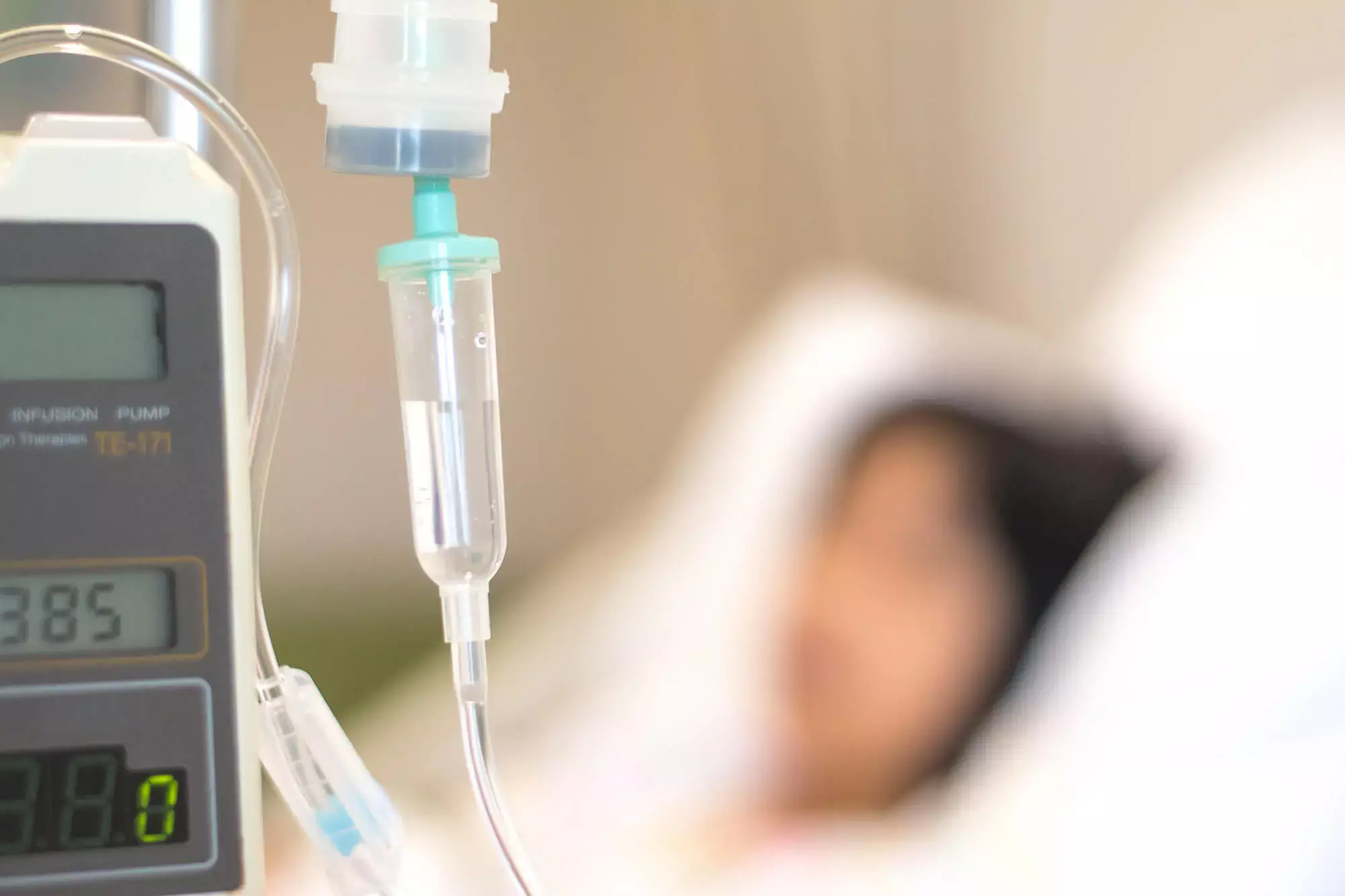- Home
- Medical news & Guidelines
- Anesthesiology
- Cardiology and CTVS
- Critical Care
- Dentistry
- Dermatology
- Diabetes and Endocrinology
- ENT
- Gastroenterology
- Medicine
- Nephrology
- Neurology
- Obstretics-Gynaecology
- Oncology
- Ophthalmology
- Orthopaedics
- Pediatrics-Neonatology
- Psychiatry
- Pulmonology
- Radiology
- Surgery
- Urology
- Laboratory Medicine
- Diet
- Nursing
- Paramedical
- Physiotherapy
- Health news
- Fact Check
- Bone Health Fact Check
- Brain Health Fact Check
- Cancer Related Fact Check
- Child Care Fact Check
- Dental and oral health fact check
- Diabetes and metabolic health fact check
- Diet and Nutrition Fact Check
- Eye and ENT Care Fact Check
- Fitness fact check
- Gut health fact check
- Heart health fact check
- Kidney health fact check
- Medical education fact check
- Men's health fact check
- Respiratory fact check
- Skin and hair care fact check
- Vaccine and Immunization fact check
- Women's health fact check
- AYUSH
- State News
- Andaman and Nicobar Islands
- Andhra Pradesh
- Arunachal Pradesh
- Assam
- Bihar
- Chandigarh
- Chattisgarh
- Dadra and Nagar Haveli
- Daman and Diu
- Delhi
- Goa
- Gujarat
- Haryana
- Himachal Pradesh
- Jammu & Kashmir
- Jharkhand
- Karnataka
- Kerala
- Ladakh
- Lakshadweep
- Madhya Pradesh
- Maharashtra
- Manipur
- Meghalaya
- Mizoram
- Nagaland
- Odisha
- Puducherry
- Punjab
- Rajasthan
- Sikkim
- Tamil Nadu
- Telangana
- Tripura
- Uttar Pradesh
- Uttrakhand
- West Bengal
- Medical Education
- Industry
Thrombolytic therapy with tenecteplase increased early reperfusion in mobile stroke units: Lancet

Australia: A new study conducted by Andrew Bivard and his team shows that tenecteplase treatment on the mobile stroke units (MSUs) resulted in a higher percentage of early reperfusion compared to alteplase, with no safety issues.
The findings of the trial, published in The Lancet Neurology, provide evidence to support the use of tenecteplase and MSUs in an optimal model of stroke care.
Mobile stroke units integrated with a CT scanner shorten the time it takes to provide thrombolytic therapy and enhance patient outcomes. When compared to alteplase, this trial examined the hypothesis that tenecteplase delivered in an MSU would result in improved reperfusion at hospital arrival.
The TASTE-A experiment is a phase 2 open-label, randomized trial being conducted at Melbourne MSU and five tertiary hospitals in Melbourne, Victoria, Australia. Patients with ischemic stroke who were qualified for thrombolytic treatment were randomly assigned to the MSU to receive either standard-of-care alteplase or the investigational product tenecteplase within 45 hours of symptom onset before being transferred to the hospital for ongoing care.
The volume of the perfusion lesion on patient arrival, as measured by CT-perfusion imaging, was the main outcome. Secondary outcomes were a modified Rankin Scale (mRS) score of 5 or 6 after 90 days, symptomatic intracerebral hemorrhage and any bleeding within 36 hours, and death after 90 days. Treatment allocation was concealed from assessors.
The key findings of this study were as follows:
1. 104 participants were recruited and randomly assigned to either tenecteplase (n=55) or alteplase (n=49) between June 20, 2019, and November 16, 2021.
2. The patients' median age was 73 years (IQR 61-83), and their median NIHSS at baseline was 8 (5-14).
3. The perfusion lesion volume was substantially lower with tenecteplase than with alteplase when the patients arrived at the hospital.
4. At 90 days, an mRS of 5 or 6 was found in eight (15%) of the tenecteplase patients and ten (20%) of the alteplase patients.
5. At 90 days, five (9%) of the tenecteplase patients and five (10%) of the alteplase patients died for any reason.
6. With either medication, no occurrences of symptomatic intracerebral bleeding were observed within 36 hours.
7. Up to day 90, 13 major adverse events were reported: five (5%) in patients receiving tenecteplase and eight (8%) in patients receiving alteplase.
In conclusion, this study provides data to back up the use of tenecteplase and [mobile stroke units] in an optimum stroke care strategy.
Reference:
Bivard, A., Zhao, H., Churilov, L., Campbell, B. C. V., Coote, S., Yassi, N., Yan, B., Valente, M., Sharobeam, A., Balabanski, A. H., Dos Santos, A., … Parsons, M. W. (2022). Comparison of tenecteplase with alteplase for the early treatment of ischaemic stroke in the Melbourne Mobile Stroke Unit (TASTE-A): a phase 2, randomised, open-label trial. In The Lancet Neurology (Vol. 21, Issue 6, pp. 520–527). https://doi.org/10.1016/s1474-4422(22)00171-5
Neuroscience Masters graduate
Jacinthlyn Sylvia, a Neuroscience Master's graduate from Chennai has worked extensively in deciphering the neurobiology of cognition and motor control in aging. She also has spread-out exposure to Neurosurgery from her Bachelor’s. She is currently involved in active Neuro-Oncology research. She is an upcoming neuroscientist with a fiery passion for writing. Her news cover at Medical Dialogues feature recent discoveries and updates from the healthcare and biomedical research fields. She can be reached at editorial@medicaldialogues.in
Dr Kamal Kant Kohli-MBBS, DTCD- a chest specialist with more than 30 years of practice and a flair for writing clinical articles, Dr Kamal Kant Kohli joined Medical Dialogues as a Chief Editor of Medical News. Besides writing articles, as an editor, he proofreads and verifies all the medical content published on Medical Dialogues including those coming from journals, studies,medical conferences,guidelines etc. Email: drkohli@medicaldialogues.in. Contact no. 011-43720751


